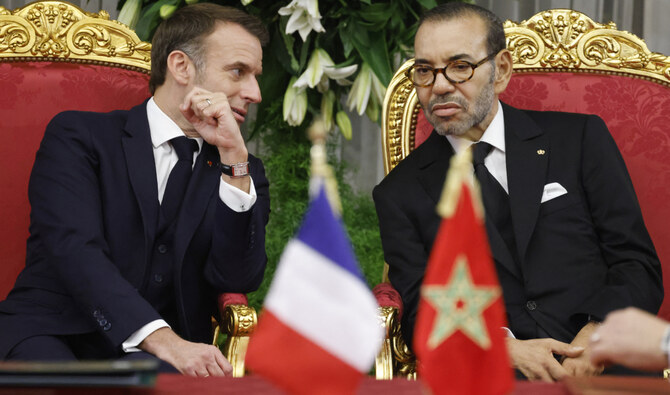
Financial transfers from African diasporas have long served as a crucial economic lifeline for their countries of origin. Each year, billions of euros flow through banking systems and remittance platforms, directly supporting families and fueling local economies.
These funds are more than transactions—they are symbols of enduring connections between expatriates and their homelands.
Yet, regulatory barriers often complicate this flow, reflecting a disconnect between international financial rules and the realities of African economies.
A significant agreement was announced during the second quarterly meeting of Bank Al-Maghrib’s board on June 24, 2025. Abdellatif Jouahri, Governor of Bank Al-Maghrib, revealed that constructive dialogue with French authorities had yielded major progress.
“The collaboration between Moroccan banks, the relevant ministries, and the French authorities has helped mitigate the obstacles posed by an initially rigid European directive,” Jouahri stated. The directive, once a source of significant difficulties, had threatened the fluidity of remittances.
Following several rounds of negotiations, the French Treasury agreed to adopt a more flexible stance, acknowledging the vital role such transfers play in Morocco’s economy.
Moroccan banks have been instrumental in facilitating this shift. These institutions not only manage the technical side of financial transfers, but also support the broader Moroccan community abroad—referred to as MRE (Moroccans Residing Abroad).
By aligning their operations with updated regulations, banks are enabling smoother, more efficient remittances that bolster socio-economic development at home.
The new arrangement reflects a deeper recognition of the challenges faced by Maghreb nations in handling international financial flows.
Observers believe this breakthrough could become a model for other African countries. With diaspora populations growing across Europe, there is a pressing need to adjust legal frameworks to better accommodate their economic contributions.
The flexibility now shown by French regulators suggests a more empathetic and pragmatic approach to diaspora-linked financial policy.
The agreement, expected to be formalized in a July 2025 meeting, represents a pivotal step toward better managing remittances between the Maghreb region and France.
It illustrates how cooperative policymaking can address practical economic needs, while reinforcing transnational ties.



